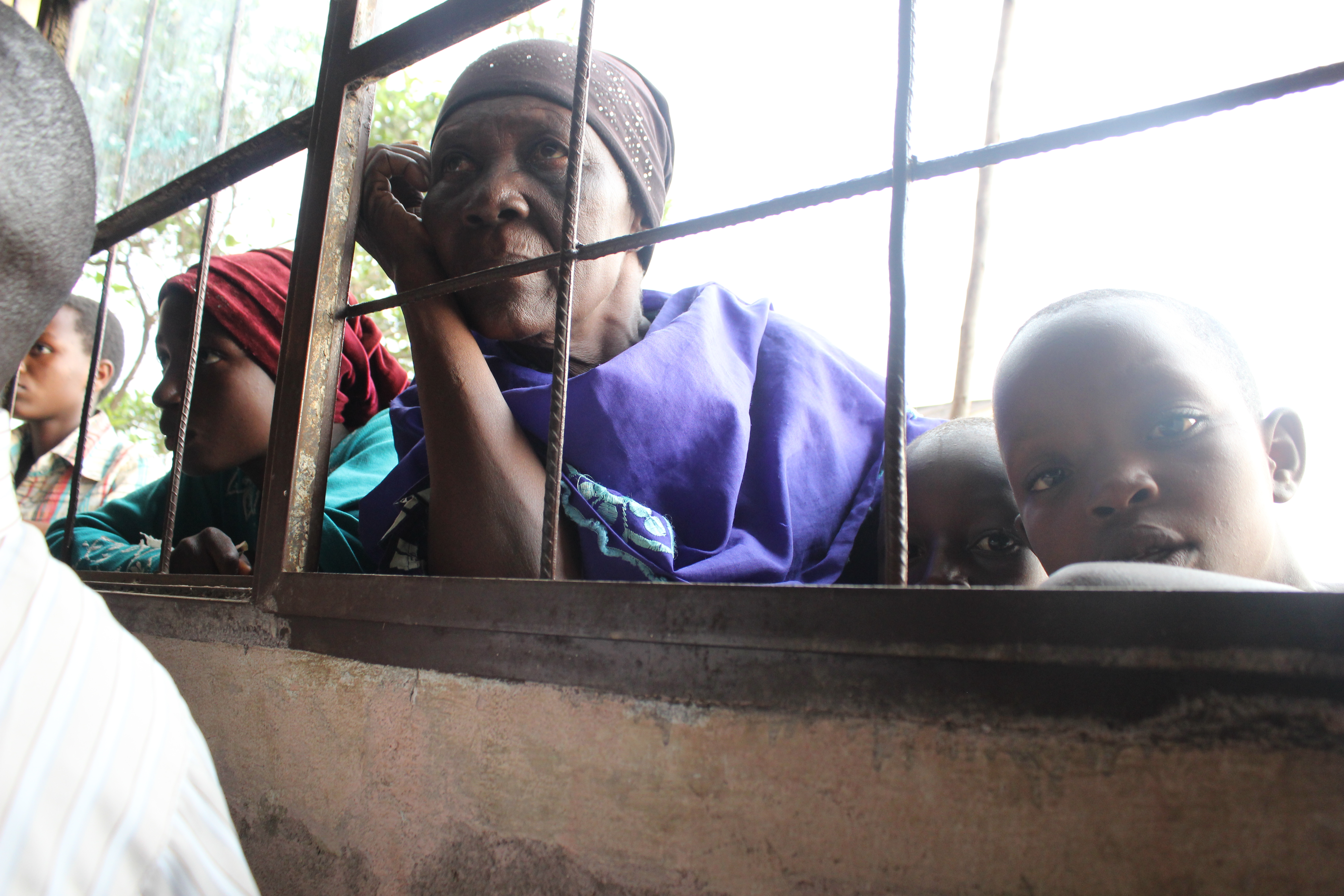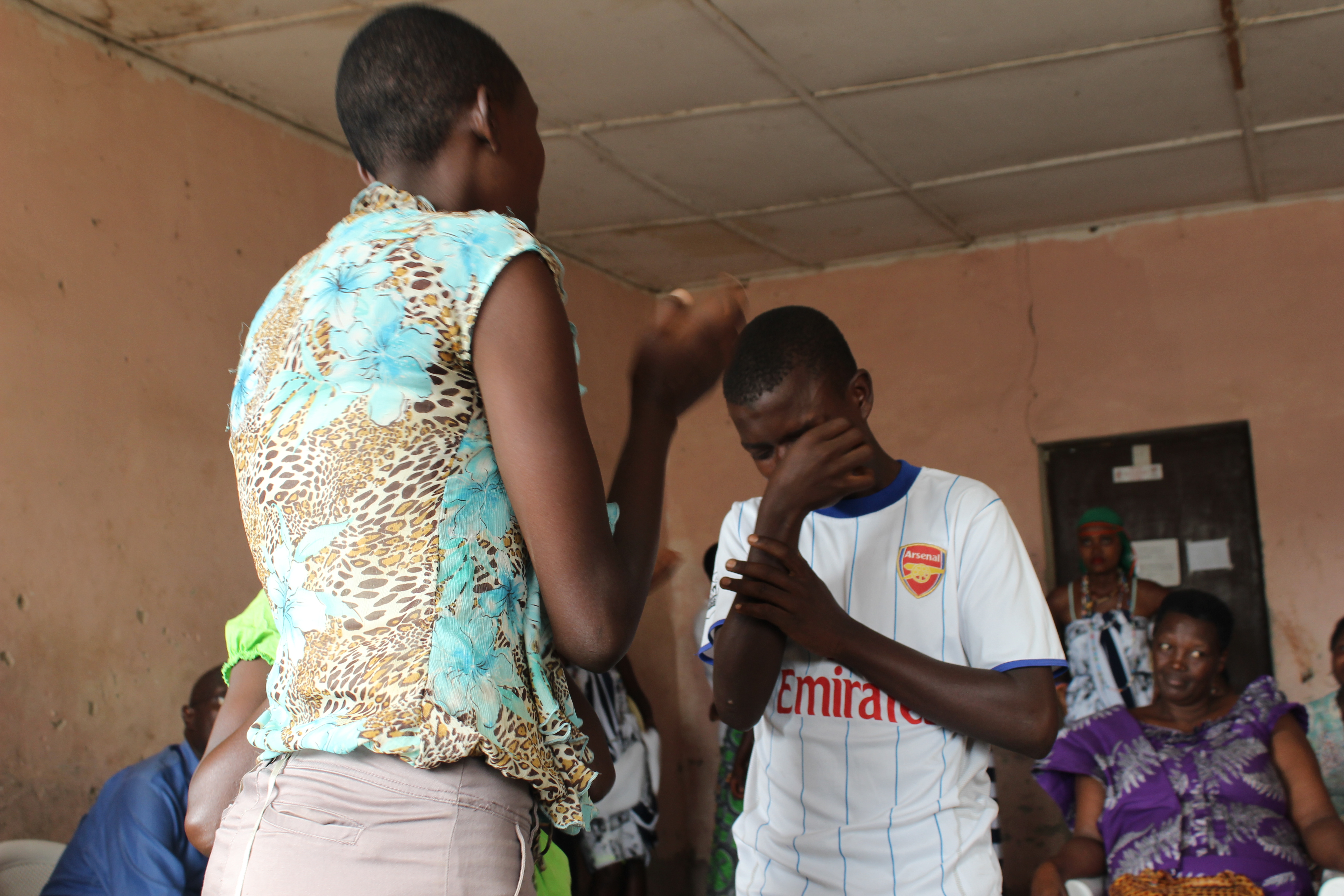Tucked away on the outskirts of Bujumbura, the capital of Burundi, lies a neighbourhood called Kinama. Like many towns in Bujumbura’s urban center known as Bujumbura Mairie, it is easy to be struck by how everything bustles with movement with people hawking peanuts and eggs to make small cash to get by, kids enjoying spontaneous games of hide-and-seek, kicking up dust with no cares in the world, and women selling small stocks of fruits and vegetables to get by and make honest livings. The movement stands in contrast with the low-levels of development in the country. With each turn, people are deeply engaged in deep discussion of the latest stories from within the neighbourhood and the country.
For girls like Nadège*, Kinama is home. At 14, Nadège thought she had built the strength to handle anything ahead of her.
“One of the worst days was when my mom passed away. I didn’t know things could get worse.”
Until the day, she became pregnant. After gathering the little courage she could, she told the father of her would-be child and to her dismay, he wanted nothing to do with her or the child she was preparing to bring into the world. Being a child himself, he too did not want to jump into parenthood. To protect himself, he accused her that the child was most likely not even his.
When she told her own father that she was expecting, he pounded his fists, slung insults at her before kicking her out of the only home she knew. Slowly, she slipped away into a deep sadness. She considered abortion but decided that perhaps she could create a future for this child.
It was around that time that Nadège made friends with someone that participated in CARE Burundi’s Intore program and encouraged her to join. Nadège and many kids like her were sharing stories of their experiences as participants of CARE Burundi’s Intore program were recounting their experiences for community members and for a field visit by CARE Burundi and CARE Austria Board members. Outside, girls and boys that too quickly had to become women and men rushed to the center to hear their friends share their testimonies.

Intore reinforces the capacity of 2,120 orphans and vulnerable children while promoting community and national protection systems for youth in the provinces of Bujumbura Mairie and Gitega. It aims to reduce the cases of separation between children and their families by reinforcing civic and community structural capacities by advocating for the rights of children.
These are children that, because of circumstances beyond their control, were forced to become adults faster than they were prepared for. They told stories similar to Nadège featuring moments of vulnerability and stories of support from Intore peers. In sharing their stories with each other, these youth picked up pieces of themselves that they thought they had lost long ago.
Many of the youth testimonies discussed a strong sense of community that sprang from their involvement in Intore. Youth used theatre to showcase some of their experiences such as brave reenactments of running away from their homes trying to escape sexual harassment from adult figures.


For most of these young adults, someone in the program recognized they needed support and offered a helping hand.
It is this type of mentorship that makes the sustainability of programs such as Intore promising.
With funding for Intore set to expire in March 2016, field staff leading its program implementation stressed a desire that the power of these stories would encourage CARE Austria board members to renew their original funding commitments.
One CARE staff member remarked that the call for renewing funding commitments often point to a common issue in development work. “While we are proud to see the positive effects of these programs, they are not meant to last forever. We don’t want development to equate to indefinite systems of dependency. Rather, we want to build capacity so that people can continue the essence of these programs without our help.”
By looking back at dark times in their lives and committing to growing stronger, Intore youth give us all hope. Their stories are proof of change from the storyteller and proof for potential change for their communities. Looking at Nadège’s inescapable shyness as she covers her mouth while smiling gives me hope for the power of building capacity of youth through storytelling. For most of these youth, strength often feel like a fleeting visitor lost in the bustle of the city. But it is in these community spaces youth have created for themselves where the capacity for strength and solidarity can be built from the ground up.
*name changed to protect privacy
